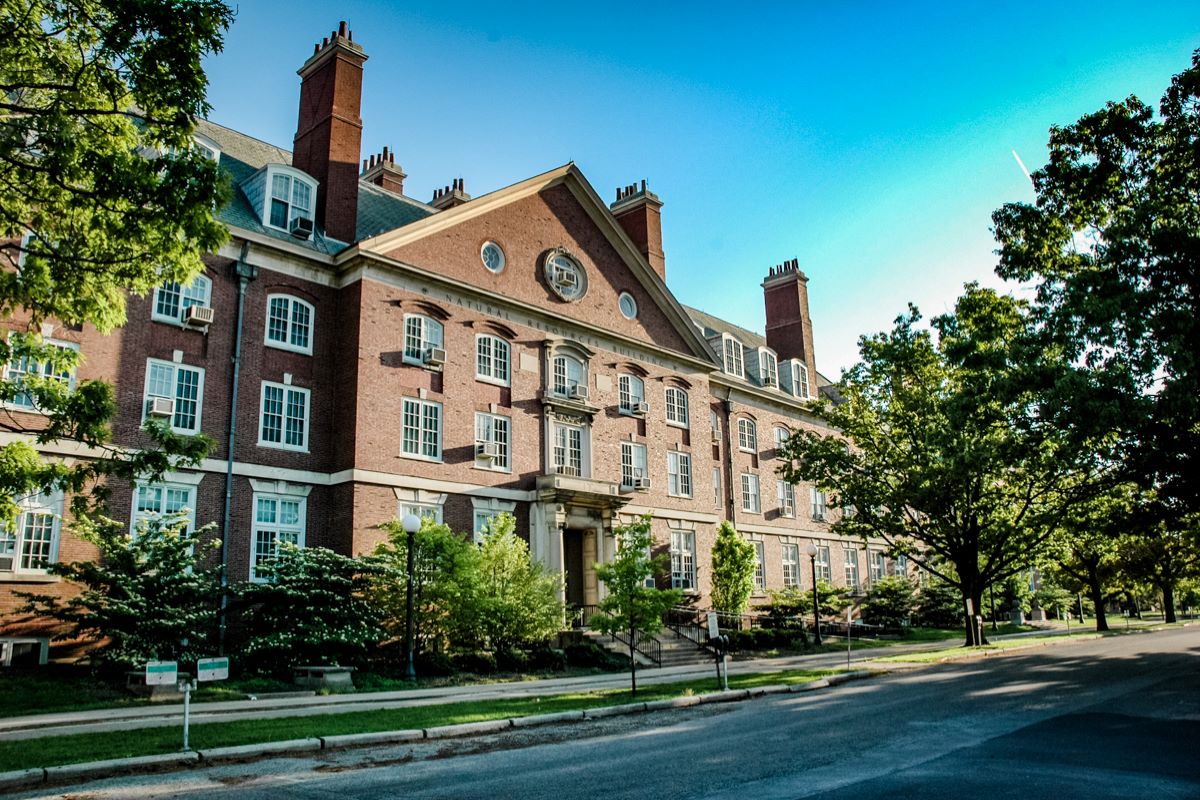
by Lisa Sheppard, Prairie Research Institute
The Prairie Research Institute (PRI) at the University of Illinois Urbana-Champaign has had a positive direct economic impact on Illinois’ economy valued at $667 million for years 2018–2022 and has provided more than 5,300 full-time jobs in the state, according to a recent analysis at a U. of I. research center.
The study, conducted by Sandy Dall’erba, professor in the Department of Agricultural and Consumer Economics and cofounder of the Center for Climate, Regional, Environmental and Trade Economics, identified the economic impact of PRI in 2022 values at the national, state, and county levels. PRI provides scientific research, expertise, data, and services to help policymakers, communities, companies, and individuals make sound decisions about our natural and cultural resources.
PRI received an initial investment of $131 million from the State of Illinois and the U. of I., enabling the institute to obtain grants and contracts totaling nearly $300 million over the five-year period. The impact of economic activity creates economic production, employment, labor income, and tax revenues.
At the state level, with an economic impact of $667 million and a total tax impact of $90.4 million at the state, federal, and county levels, each additional dollar spent in PRI returns $5.06 in economic value to Illinois.
At the national level, the economic impact was an estimated $1,071 million, 8,000 full-time jobs created, and tax revenues totaling $130 million. Champaign County also benefited significantly from PRI activities, with a $422.2 million impact on the county economy and 3,869 full-time equivalent jobs.
“This analysis shows that as a high-value institute, PRI has major direct and indirect impacts on the economy of the county, state, and nation,” said Praveen Kumar, PRI executive director. “Our excellence in research innovation, long-term data collection, and service programs reaches way beyond Illinois and the U.S.”
The economic analysis does not include the substantial value of PRI’s scientific expertise in geology, ecology and biologic diversity, archaeology, hydrology and water, weather and climate, pollution prevention, and sustainable energy. The five scientific surveys make up PRI, including the Illinois Natural History Survey, the Illinois State Archaeological Survey, the Illinois State Water Survey, the Illinois State Geological Survey, and the Illinois Sustainable Technology Center.
PRI scientists are addressing some of the most challenging issues of our society. In recent research projects, scientists are exploring ways to store carbon dioxide in geologic features in Illinois, recycle flue gas to feed algae for animal feeds and biofuels, and capture CO2 from the atmosphere. Other projects seek to mitigate risks of natural hazards and disease-borne vectors, combat agricultural pests, address water resource problems and help communities find solutions, and protect ecosystems and cultural resources.
“PRI is a national leader and a statewide gem,” said Susan Martinis, U. of I. vice chancellor for research and innovation. “From science that protects drinking water in Chicago to massive pilot-scale carbon capture projects funded by the Department of Energy in Springfield, Decatur, and Champaign, PRI has a direct impact on the lives—and the livelihoods—of millions of people across the region and around the globe.”
The report, “The Economic and Fiscal Impact of the Prairie Research Institute (PRI) on the Economy of Champaign County, Illinois, and the Nation” and a summary are available at https://hdl.handle.net/2142/117079.
Media contacts: Lisa Sheppard, sheppard@illinois.edu, 217-244-7270; Sandy Dall’erba, dallerba@illinois.edu, 217-300-2727
news@prairie.illinois.edu
This story was first published on the Prairie Research Institute News Blog. Read the original story.
